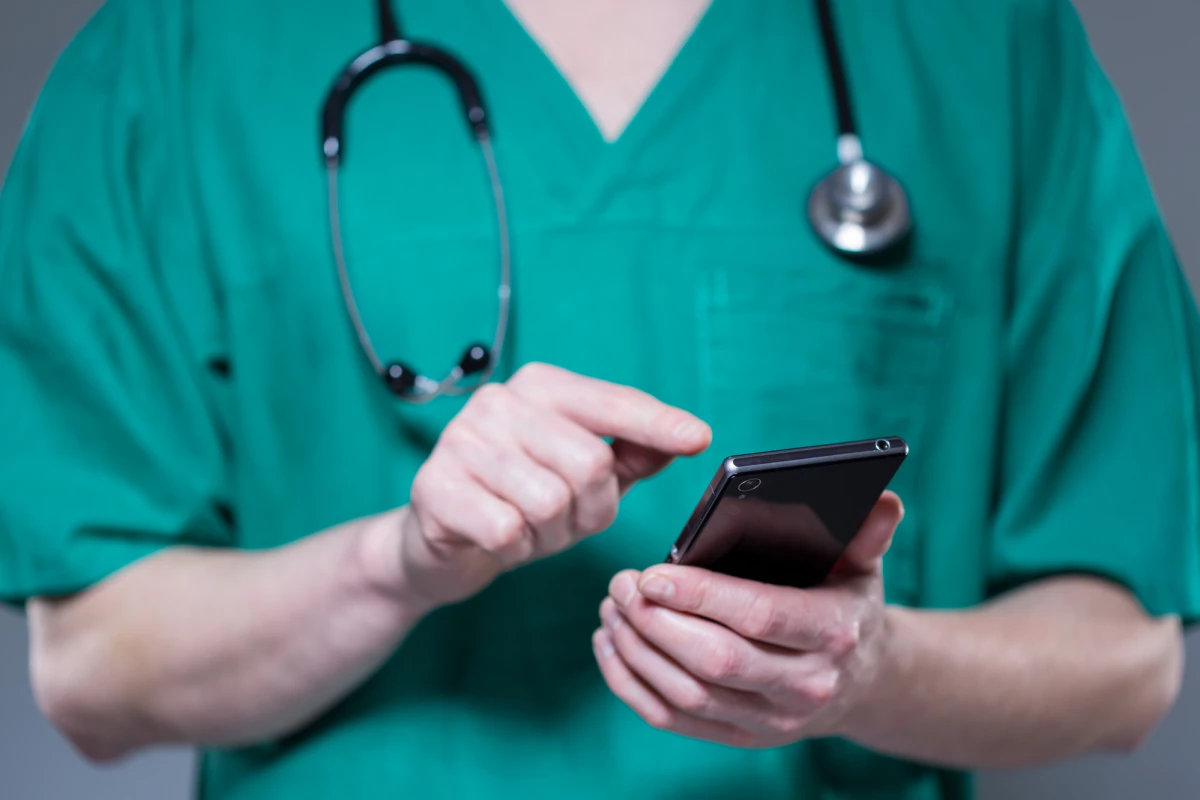Detecting the first stages of heart failure could soon be as simple as placing a smartphone on a patient's chest. That's the conclusion of an ongoing study, which is aimed at developing an app for diagnosing the potentially lethal condition as early as possible.
Heart failure may initially present in the form of fatigue upon exertion, or shortness of breath. These symptoms may of course have other, more innocuous causes. And unfortunately, checking to see if they are caused by heart failure currently requires ultrasound heart scans, blood tests or other special procedures.
Scientists from Finland's University of Turku set out to develop a much simpler diagnostic method, that can be quickly performed in a doctor's office without any special equipment. The result is a machine-learning-based app that uses a smartphone's existing accelerometer and gyroscope to measure tiny telltale cardiac vibrations in the patient's chest.
The app was developed in partnership with Helsinki and Stanford universities. A combined total of 1,003 volunteer patients were tested via the app at all three institutions' hospitals – 217 of those people had already been diagnosed with heart failure, while the other 786 served as healthy controls.
By analyzing the app-obtained chest vibration readings, the scientists were able to pinpoint the characteristics which were specific to the participants with heart failure. After being trained on that data, the app proved to be 89% accurate at identifying individuals with the condition – that number should improve as the software is able to draw upon a larger data pool.
"Primary healthcare has very limited tools for detecting heart failure," said cardiologist Juuso Blomster, CEO of the CardioSignal company which is commercializing the app. "We can create completely new treatment options for remote monitoring of at-risk groups and for monitoring already diagnosed patients after hospitalization."
The research is described in a paper that was recently published in the journal JACC: Heart Failure. Previously developed apps, called Cordio HearO and Cardiio Rhythm, detect heart failure in the sound of the user's voice and changes in their facial color, respectively.
Source: University of Turku




